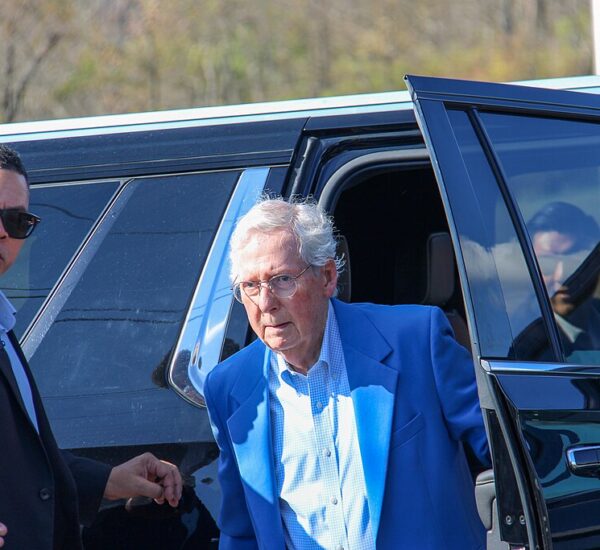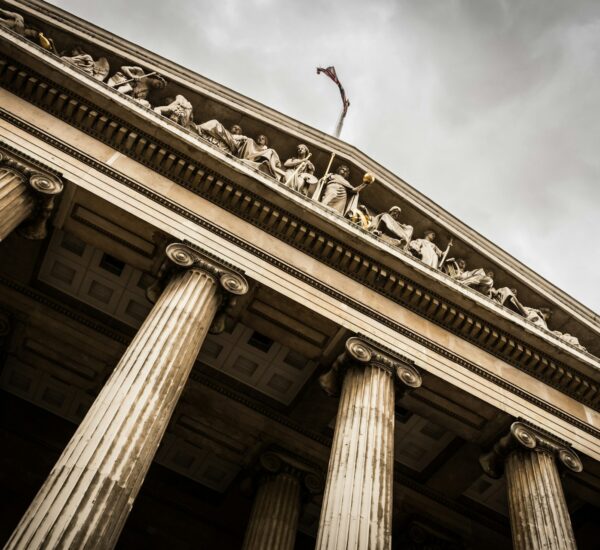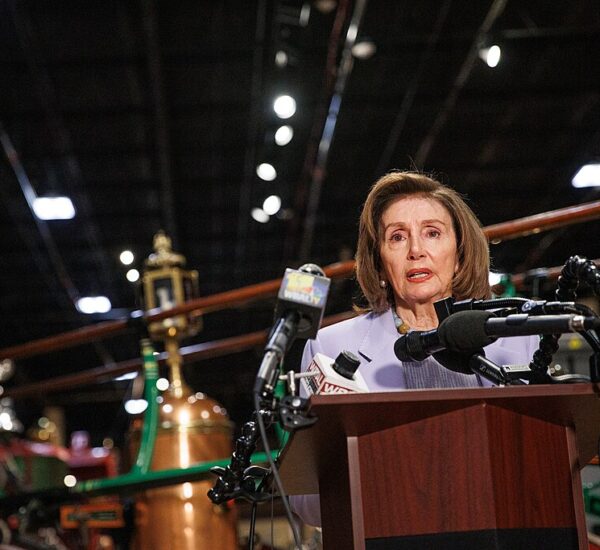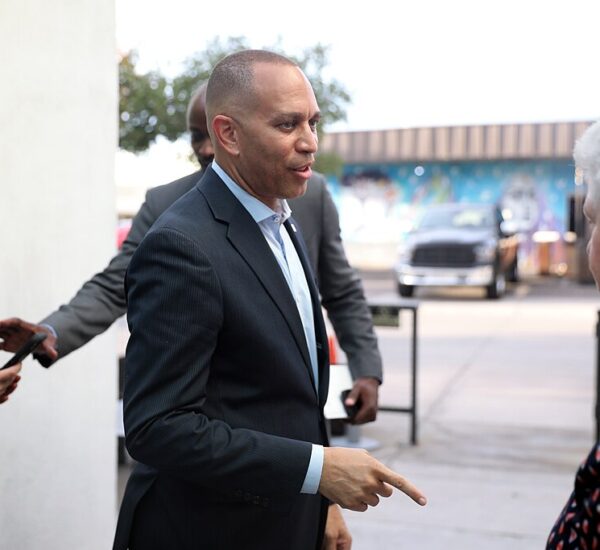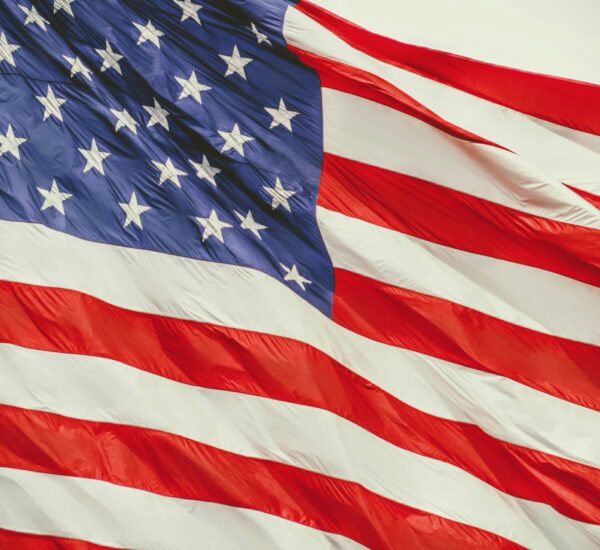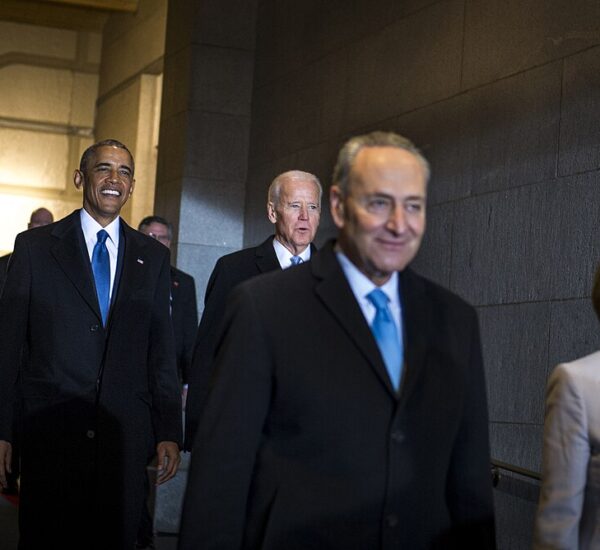Trump’s DOGE Deals Major Blow To Africa
In a dramatic escalation of the battle over leadership at the U.S. African Development Foundation (USADF), staffers from the Department of Government Efficiency (DOGE) were barred from entering the USADF headquarters in Washington, D.C., on Wednesday. The move signals increasing tensions as President Trump seeks to overhaul or even eliminate the agency as part of his broader push to scale back foreign aid.
According to reports, several DOGE staff members arrived at the USADF office but were denied entry. The USADF confirmed that the staffers ultimately left without gaining access. A letter from USADF chair Ward Brehm, obtained by The Hill, pointed to Trump’s push for restructuring the agency and suggested that staff at USADF follow strict internal procedures, including requiring his presence for any meetings involving such matters.
At the center of this conflict is President Trump’s alleged effort to install Peter Marocco, a deputy acting head at USAID, to take charge of USADF. Marocco has been involved in Trump’s larger efforts to reduce the footprint of USAID, and his potential appointment to the USADF has sparked concerns about the direction of the agency. However, Brehm emphasized that Marocco’s appointment could only occur after he is nominated and confirmed by the Senate. Until then, he holds no official position with the USADF.
This controversy comes on the heels of Trump’s executive order, issued on February 19, directing a review of several independent agencies, including the USADF. The order called for agencies like USADF, the Presidio Trust, and the Inter-American Foundation to submit reports confirming whether their functions are required by law. The USADF has already complied, submitting its report to the Office of Management and Budget (OMB), while ceasing to disburse funds as requested.
For years, the USADF has been dedicated to supporting small enterprises and grassroots organizations across Africa, awarding millions in grants that benefit marginalized populations. From 2019 to 2023, the agency granted over $141 million, positively impacting millions of people. Despite its success, Democrats have argued that Trump’s attempt to dismantle the USADF through executive action oversteps constitutional limits and violates the law, especially given the agency’s congressional authorization.
Marocco’s previous statements and actions concerning USAID have raised bipartisan concern, especially about potential misuse of foreign aid and the lifesaving programs overseen by U.S. agencies globally. His controversial approach has drawn criticism from both sides of the aisle, including remarks from Sen. Jeanne Shaheen (D-N.H.), who called Trump’s efforts to bypass the law and install his loyalists as “unlawful and unacceptable.”
As this battle continues to unfold, one thing is clear: President Trump’s attempt to reshape U.S. foreign aid is not only contentious but is also igniting significant opposition within Congress, signaling a deeper divide over the future of America’s international development programs.

